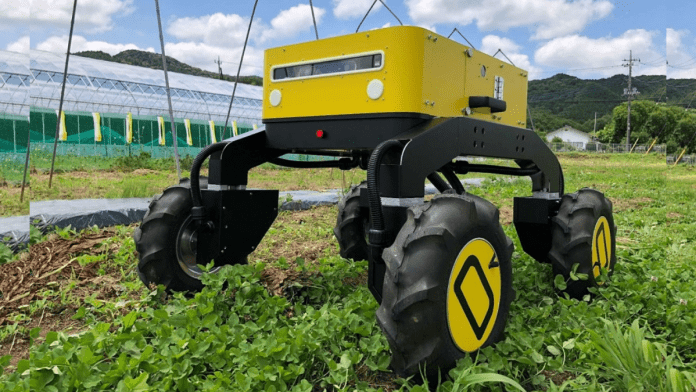News in brief: Japan is grappling with a shortage of farmers due to an aging workforce, but it’s turning to smart agriculture, incorporating robotics and technology to address the issue. The government is supporting the adoption of smart agriculture, piloting labor-saving projects, offering subsidies, and promoting the development of human resources in this field.
Japan is facing a shortage of farmers, as the average age of farmers continues to rise and fewer young people are entering the agricultural sector, a news report said.
Meanwhile, smart agriculture, which uses robotics and information technology to automate tasks, is being brought on to address this challenge.
The Japanese government is also supporting the development and adoption of smart agriculture technology. It has launched a pilot project to verify its labor-saving effects and is providing subsidies to farmers who invest in it.
The government is also working to cultivate human resources with expertise in smart agriculture. It hopes that it will help to ensure that farmers have the skills and knowledge they need to use the technology effectively.
Furthermore, the Japanese government is expected to submit a bill to revise the basic law on food, agriculture and rural areas to the next ordinary session of parliament. The revised law will promote the development and spread of smart agriculture technology in order to maintain Japan’s agricultural production capacity despite the aging domestic population.
Generally, this technology has the potential to revolutionise Japan’s agricultural sector.
For example, in the city of Fukaya, Saitama Prefecture, an agricultural startup has developed an autonomous robot that can spray agricultural chemicals on green onion fields. The robot is less likely to fall down even in strong winds. It can spray 320 liters of chemicals at a time and can cut work times by half compared with manual spraying by farmers.
In addition, the startup offers a contract service to conduct chemical-spraying work for farmers using the robot at a fee of ¥2,200 to ¥3,500 per 10-acre field. Currently, 15 to 20 young and aged farmers in the neighborhood are using the contract service.
In the same city, the number of farmers has halved from about 4,000 to around 2,000 over the past 20 years. The municipal government has encouraged smart agriculture, or agritech, inviting startups to the area since 2019.



